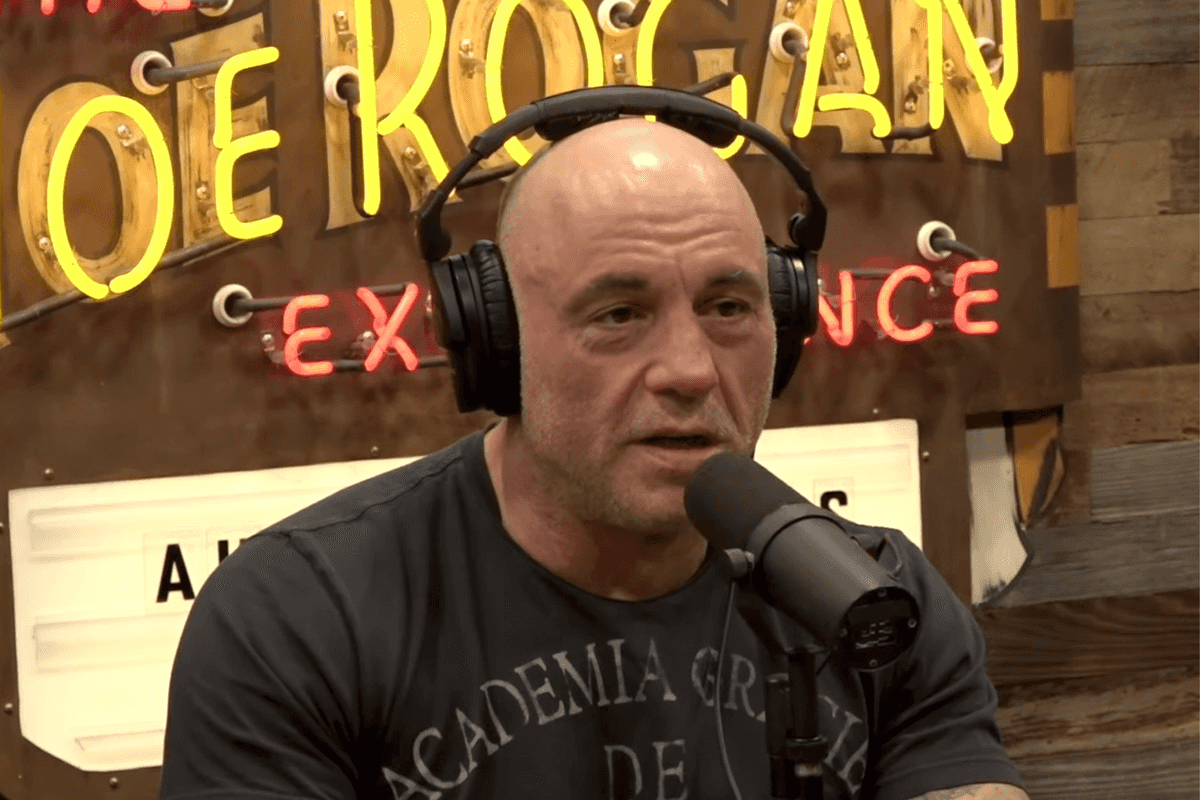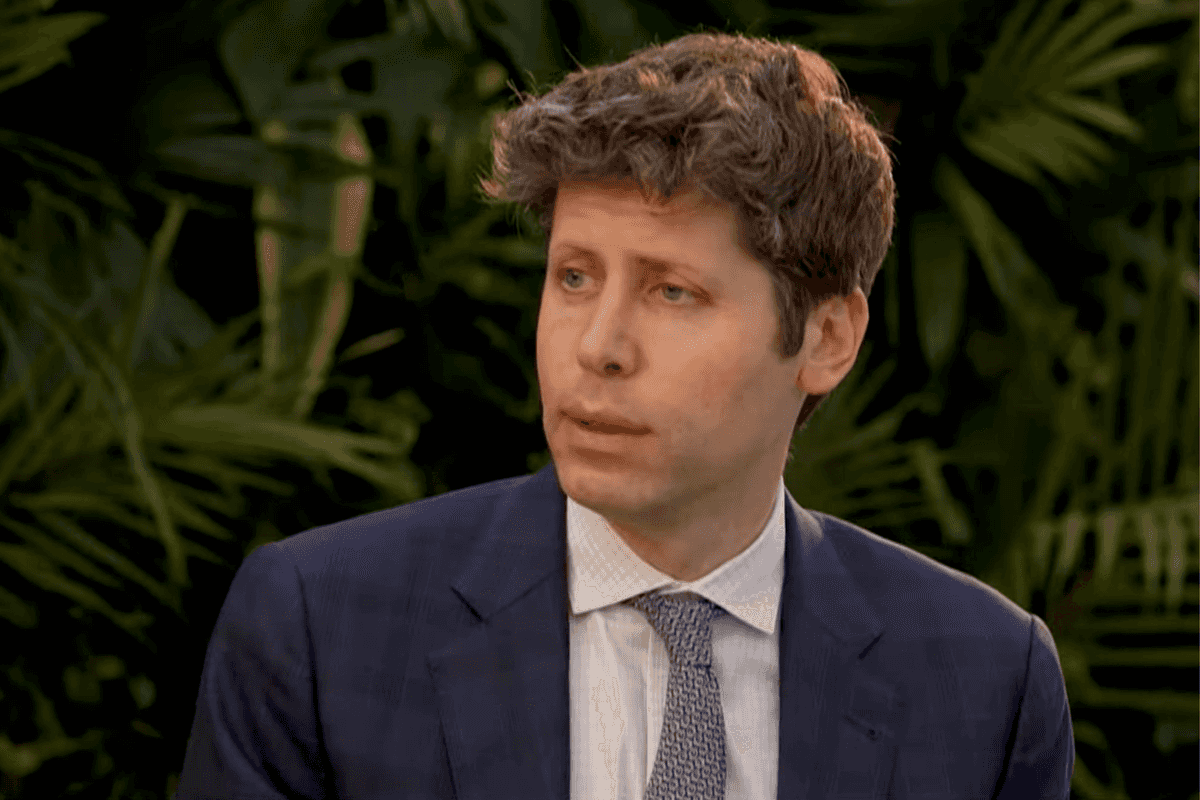Ellie Abraham
Oct 31, 2023
French TikToker uses pop culture to teach students about philosophy
Euronews Culture / VideoElephant
Human beings are fascinating creatures and one of the oldest philosophical debates is over whether people truly have free will or not.
For millennia, scientists have debated over whether free will is simply an illusion of the mind and is a concept that doesn’t even exist, or, if our species naturally possess it.
Some experts, such as the philosopher Bernardo Kastrup, argue that we do have free will. He defined it as existing “if our choices are determined by that which we experientially identify with”.
Kastrup claimed that his “tastes and preferences” are “consciously felt by” him, thus the choices he makes are “determined by these felt tastes and preferences”.
Essentially, Kastrup argues, we are able to choose what action to perform and this gives humans a level of free will.
On the other hand, neurobiologist Robert Sapolsky from Stanford University believes humans don’t have any free will, after studying the subject for “decades”.
In his book Determined: A Science of Life Without Free Will, Sapolsky argues that almost all of our behaviour as humans is beyond our own conscious control.
He argued: “The world is really screwed up and made much, much more unfair by the fact that we reward people and punish people for things they have no control over.
“We’ve got no free will. Stop attributing stuff to us that isn’t there.”
Sapolsky believes that behaviour that we believe originates from free will is actually related to your environment, body, upbringing and genes.
Speaking on the CultureLab podcast by New Scientist, Sapolsky explained: “In terms of my orientation, my basic approach is you look at a behaviour and someone has just done something that’s wonderful or awful or ambiguously in-between or in the eyes of the beholder, but some behaviour has happened, and you ask, 'Why did that occur?' and you’re asking a whole hierarchy of questions.”
He continued explaining that the prompts to our behaviour could include, “which neurons did what, 10 milliseconds before” and may even originate from “this morning’s hormone levels” and the impact this has on your sensitivity levels in the brain.
Additionally, behaviour, he argues can determined by prior trauma and even go back to the “childhood and foetal environment” and our individual genes.
To summarise, he argued: “If you’re talking about genes, by definition, genes and behaviour, by definition, you’re talking about evolution and you’re talking about neurobiology and genetic variance and neuronal function.
“If you’re talking about, you know, early trauma in life, you’re talking about epigenetics and you’re talking about adult propensity.
“So, they’re all one continuous seam of influences, and when you look at it that way, there’s not a damn crack anywhere in there to shoehorn in a notion of free will.”
Sign up to our free Indy100 weekly newsletter
How to join the indy100's free WhatsApp channel
Have your say in our news democracy. Click the upvote icon at the top of the page to help raise this article through the indy100 rankings.
Top 100
The Conversation (0)














